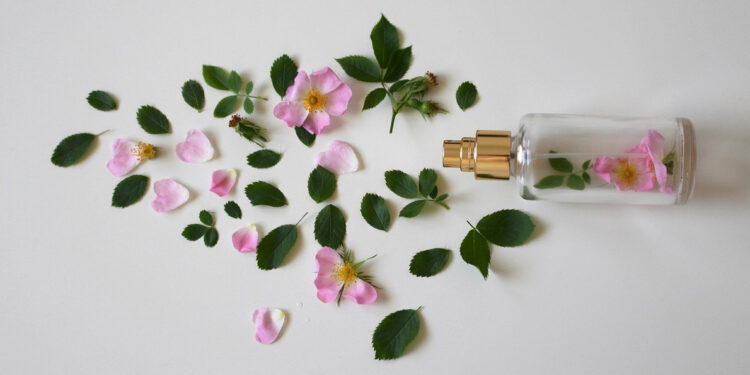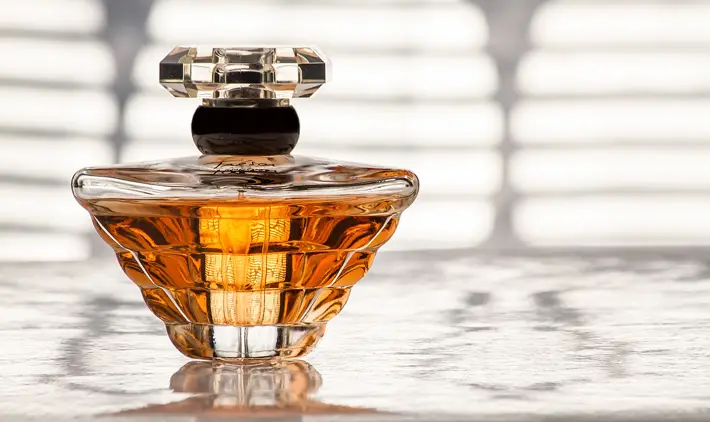Can Perfume Expire? 7 Interesting Facts About Perfume

There are some things no one tells you when shopping for scent. However, not understanding your perfume purchase entirely may cause you to have mixed feelings about its use and power. One of the essential things minimally talked about is the shelf life of perfumes. On that note, here are 7 interesting facts about perfume.
1. Yes, perfumes can go off
When you check in a perfume store, you are likely to see many options. From popular luxurious women’s fragrances like Bottega Veneta perfume to rare brands you will probably never choose but for their first scent impression. These options may vary by brand, scent, packaging, etc., but there is an underlying factor. Most perfumes, if not all, are a mixture of fragrant oils, aroma compounds, fixatives, or solvents.
Perfumeries then deploy varying chemistry forms and leverage unique complementary elements to bring the scent peculiar to your favorite brand. Given this, the answer is yes, a perfume can go off. The expiration dates of perfumes are not cast in stone like food items. For most perfumes, they begin to wither in scent and concentration after five years.
2. Know your notes, appreciate the scent
Perfume makers are a special kind of scientists and fine artists. Before arriving at the final fragrance, these specialized combinations include different scent layers called notes. These notes come in three classes, namely top, middle and base notes.
Top notes are very volatile and evaporate quickly. Middle notes stay on a surface for about an hour after spray. Base notes which are slow to evaporate emerge after everything has dumbed down.
Perfume companies may source from different natural elements like citrus, black pepper, etc. These are what some would call notes. Knowing these notes can help to understand why your new perfume always smells differently just before lunch.
3. The type of perfume counts
What type of perfume do you use? Is there a difference between the eau de toilette you used to love and the new Eau de perfume you are beginning to enjoy? Yes, to both answers. For a fact, perfumes come in five different types. They include Parfum, Eau de perfume, Eau de Toilette, Eau de Cologne, and Eau Fraiche from highest to lowest concentration. Knowing which type you’re using and its use implications can help you bear the outcomes.
4. You could be spraying it wrong
Putting on a new fragrance and not smelling anything right before leaving home can plunge you into long moments of doubting its quality. Before you conclude whether your perfume has expired, know that you could be using it wrong. Generally, where you spray your perfume matters. Spritzing it in the air may smell differently from applying it to your skin.
5. Price doesn’t always mean quality
The world of perfumes is a hotspot for luxury. Many times, we are likely to think an expensive purchase is guaranteed quality. Even though that possibility is not entirely ruled out, cheap perfumes do not necessarily mean fake or expired.
6. Not all perfumes are good for you
People can be allergic to perfumes. Unfortunately, you may never know until the unexpected happens. However, anytime you experience severe itching and rashes after using a perfume, know that it could be an allergic reaction, and you should seek assistance immediately. That notwithstanding, allergic reactions don’t necessarily mean your perfume has expired.
7. The same scent can smell different on two individuals
There is a chemistry to perfumes, and the human skin has its chemistry too, which varies from person to person. Given that, the scent you catch when you put on a perfume can be different from the scent your partner registers.










